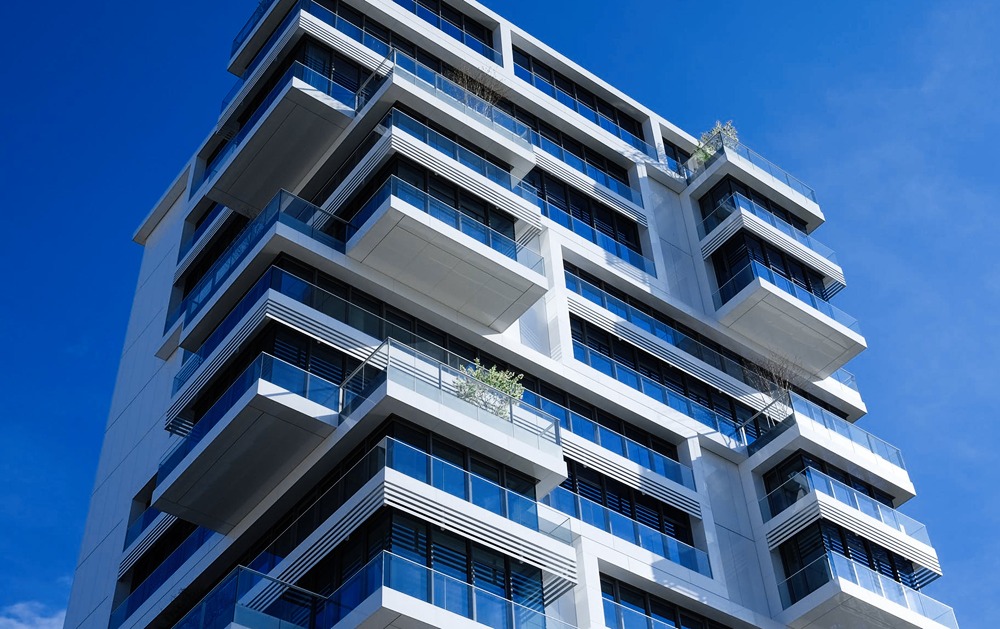According to an analysis prepared by HRE Investments based on Statistics Poland data and cited by Gazeta Wyborcza, the average surface area of apartments in Polish cities has been gradually decreasing over the last 11 years, going from 65 square meters in 2009 down to 56 square meters in 2020.
The situation differs depending on the region. The best situation is in Opole in southwest Poland where the average surface area is 73 square meters which is a 10 square meter increase since 2019. The worst situation is in Gorzów Wielkopolski in the northwest, in which the average amounted to 49 square meters (more than 5 percent less than in 2019).
Second to last in the ranking was Bydgoszcz with an average of 52 square meters, followed by Kraków, Katowice, Gdańsk, and Poznań, all where the average surface area of new apartments did not exceed 55 square meters.
A record holder apartment in Kraków is only 2.7 square meters in size. In Warsaw a 6.7 square meter apartment was set up for sale for €26,000.
According to experts, the main reasons for the gradual decrease in surface area are the rising costs of constructing new flats and their decreasing price accessibility. Cities across Europe have struggled with rising prices and smaller apartment sizes.
“As one can see, the majority of apartments in large cities are currently being purchased for investment purposes and intended for rental. Therefore, these are small apartments usually below 40 square meters in size. Developers are adjusting the structure of their supply to the market’s expectations,” Dr. Izabela Rudzka from the Warsaw School of Economics explained.
One of the side effects of decreasing the size of apartments is that governments are increasingly concerned about the rise of a specific type of real-estate development which focuses on building a large number of micro-apartments. Such apartments are not suited for family formation, and with a troubling demographic picture, the drive for profit could have a negative societal effect.





